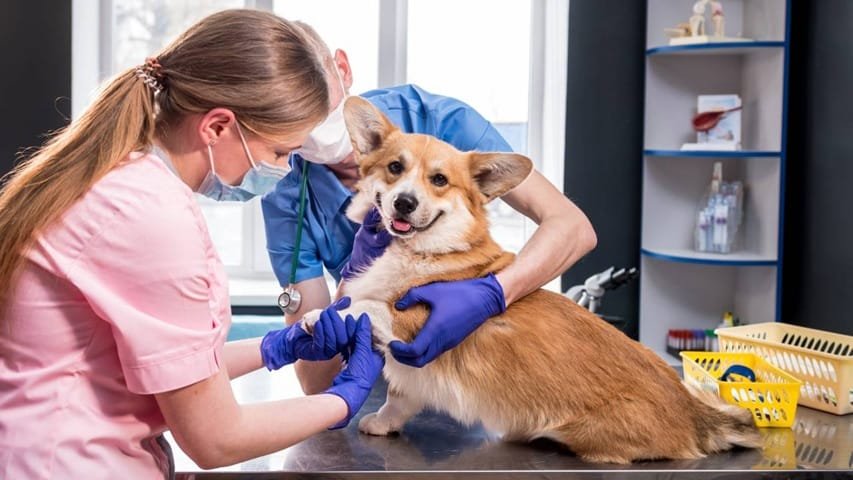Parasites pose a serious threat to your pets. These tiny invaders can cause discomfort, illness, and sometimes even life-threatening conditions. You can protect your furry friends by understanding how to prevent and treat these unwelcome guests. Knowing the right steps ensures your pets stay healthy and happy. Start with routine check-ups. These visits are crucial for early detection. Regular vet appointments can help spot parasites before they become a major issue. veterinary services in Brandon, FL, offer a range of options to keep your pets safe. From heartworm prevention to flea and tick control, you have access to comprehensive care. Always clean your pet’s bedding and living spaces. This simple action reduces the chance of infestation. Consider using preventative treatments. These are often more effective than waiting for symptoms. Remember, timely intervention saves your pets from unnecessary suffering. Prioritize your pet’s health by staying informed and proactive.
Common Parasites in Pets
Understanding common parasites helps you identify risks quickly. Fleas, ticks, and heartworms are the most frequent offenders. Fleas cause itching and skin issues. Ticks can transmit Lyme disease and other illnesses. Heartworms, spread by mosquitoes, are dangerous and potentially fatal. Intestinal worms, like roundworms and tapeworms, can also affect pets, leading to digestive issues and malnutrition.
Signs of Parasite Infestation
Recognizing the signs of parasites helps you act fast. Keep an eye out for:
- Excessive scratching or biting at the skin
- Visible fleas or ticks on the fur
- Unexplained weight loss
- Changes in appetite
- Coughing or difficulty breathing
- Unusual tiredness or lethargy
If you notice any of these symptoms, consult a vet promptly. Quick action can prevent more serious health issues.
Prevention Strategies
Preventing parasites is easier than treating them. Here are key strategies:
- Use veterinarian-recommended topical or oral preventatives regularly.
- Maintain cleanliness in your home and your pet’s living area.
- Limit your pet’s exposure to wild animals.
- Keep up with routine vet check-ups and vaccinations.
These steps can drastically reduce the risk of infestations.
Treatment Options
If your pet gets infected, don’t panic. Treatment is available and effective. Flea treatments often include topical solutions or oral medications. Ticks require careful removal with tweezers. Heartworm treatment is more complex, often involving a series of injections. Intestinal worms are treated with deworming medications. Always follow your vet’s guidance for the best outcomes.
Comparison of Preventative and Treatment Options
| Parasite | Prevention | Treatment |
| Fleas | Topical treatments, oral medications | Topical solutions, oral medications |
| Ticks | Collars, topical treatments | Manual removal, topical solutions |
| Heartworms | Monthly oral medications | Specialized injections |
| Intestinal Worms | Regular deworming | Deworming medications |
The Role of Veterinarians
Veterinarians play a crucial role in parasite management. They provide expert advice on prevention and treatment. Vet clinics offer necessary testing and medication. Regular vet visits keep your pet’s health in check.
Taking Action
Protecting your pet from parasites is a manageable task. Stay informed and proactive. Regular vet care and proper home maintenance go a long way. Caring for your pet’s health ensures they live a comfortable, happy life. Remember, your efforts now prevent problems later. By being diligent, you give your pet the best chance at a long and healthy life.



